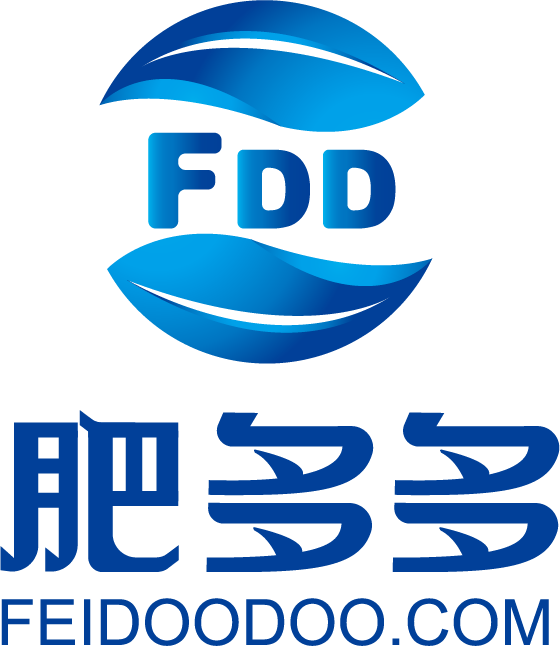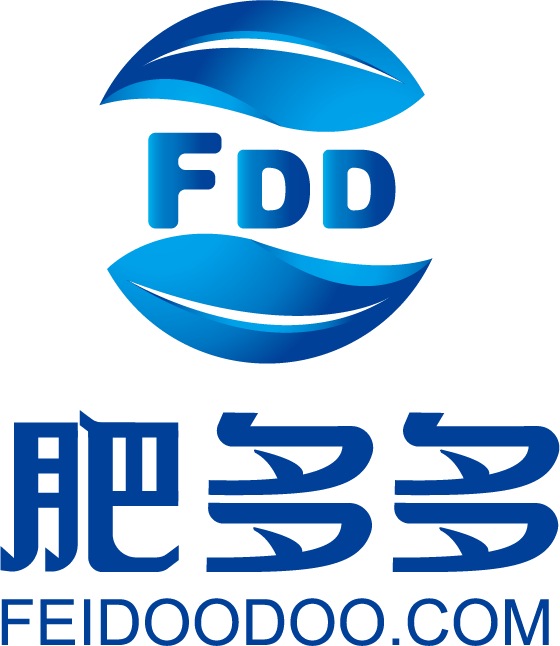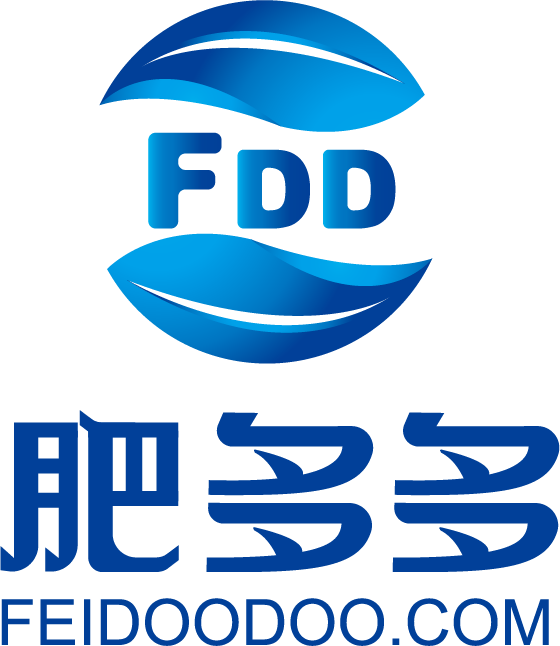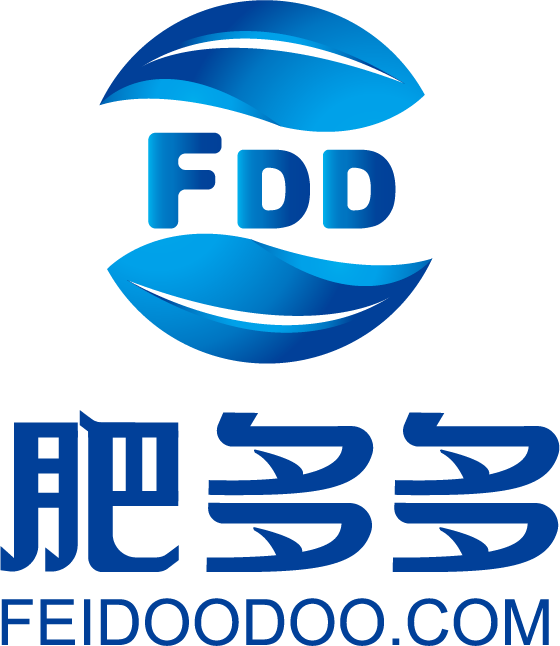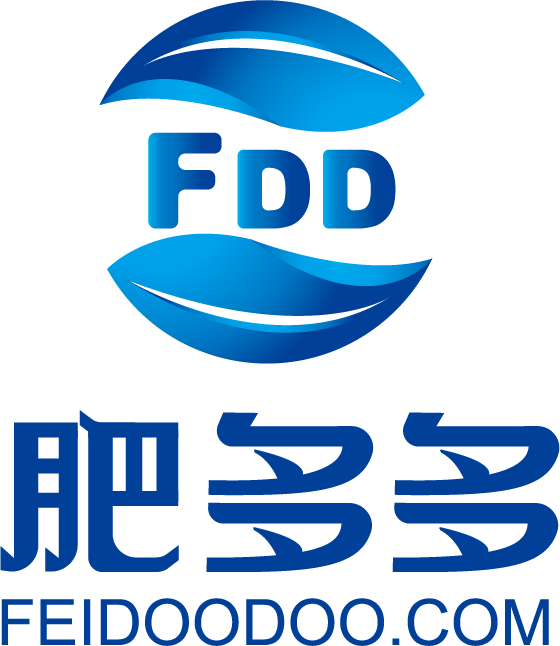Starting from September 1, Russia imposes tariffs on fertilizer exports.
From September 1, Russia has imposed a comprehensive export tariff on certain fertilizers. Russian Prime Minister Mikhail Mishustin signed the relevant resolution on August 30 and announced it on the official legal portal website on the evening of August 31.
The tariff is valid until December 31, 2024. The ad valorem rate is 7% of the customs value, and the specific tax rate (i.e., the minimum tax rate per ton in rubles) varies according to the type of fertilizer (nitrogen fertilizer, potassium fertilizer, phosphate/compound fertilizer), which are 1100 rubles/ton, 1800 rubles/ton, and 2100 rubles/ton respectively. High-cost water-soluble phosphates, diammonium phosphate, and monoammonium phosphate are exempt from tariffs.
The draft resolution, published by the Ministry of Finance in early August, initially proposed an 8% export tariff on fertilizers. However, before the government's final decision, sources said the rate might be 7%.
Russia's largest phosphate compound fertilizer producer, Phosagro, commented on the draft resolution and suggested differentiating export tax rates based on the complexity and number of processes in fertilizer production.
Since the beginning of 2023, fertilizer exports have been duty-free unless the tariff value exceeds $450 per ton. The rate for values above this level is 23.5% of the difference between the customs value and $450. Initially, this tariff was positioned as a mechanism to eliminate excess income generated under favorable market conditions. However, against the backdrop of price changes in the first half of the year, tariff revenue was only 6 billion rubles, while the Ministry of Finance initially planned to raise 119 billion rubles within a year.
Russia is one of the world's largest fertilizer producers, accounting for about 15% of global annual consumption.
In July of this year, Russia announced the suspension of the Black Sea Grain Agreement, claiming that parts of the agreement involving Russia had not been fulfilled. Russian President Vladimir Putin previously stated that since the signing of the Black Sea port agricultural export agreement, commitments to eliminate obstacles to Russian exports of grain and fertilizers have never been fulfilled, with about 300,000 tons of fertilizer being detained in European Union ports last year.
Earlier, there were reports that Russia was considering establishing a unified trading company to export fertilizers to enhance its pricing influence on the global market. By establishing a unified trading company, the Russian government can not only have more control over fertilizer export revenue but also exert greater influence on global pricing.
Insiders said that the idea was proposed by Dmitry Mazepin, the founder of Russia's main fertilizer supplier Uralchem, in July this year. Russian Prime Minister Mishustin and Minister of Industry and Trade Manturov later discussed the matter, but no decision has been made yet, and it is unclear when the proposal will be discussed again.
- International Fertilizer Market - Potash Giants Report First Quarter: Signs of Recovery in Potash Demand! Meanwhile, Russian Fertilizer Exports to the US Reach Annual High2649
- Phosphate Fertilizer Weekly Report: Supported by Pending Orders and Costs, Firm Prices2333
- Urea Weekly Review: Cautious Buying and Slow Follow-Up, Prices Hold Steady2445
- Urea Daily Review: Weakened Supply-Demand Support, Enterprises Lower Prices to Attract Orders2470
- Phosphate Fertilizer Daily Review: Pending Orders Support Prices, Stability in the Short Term2378

